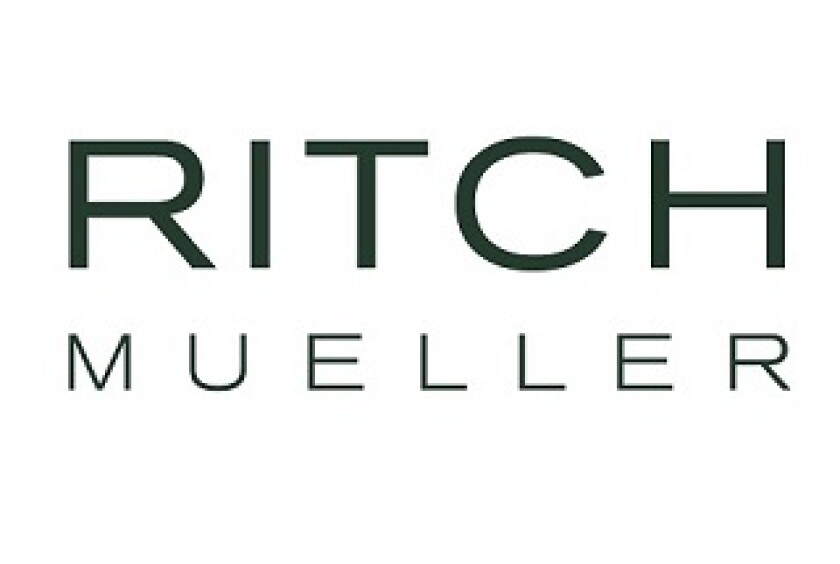
The Convention for the Standardisation of the Tax Treatment of the Conventions for the Avoidance of Double Taxation between States of the Framework Agreement of the Pacific Alliance (the Convention) was published this year.
It aims to standardise the applicable tax treatment on interest income and capital gains received by foreign pension funds in order to eliminate double taxation and the heavy tax burden regarding commercial and financial transactions.
The Pacific Alliance was formed following the Lima Declaration of April 28 2011, executed by Chile, Colombia, Mexico and Peru. The Pacific Alliance is an economic and trade bloc, legally incorporated as of June 6 2012 through its Framework Agreement, which aims for progressive development towards the free movement of goods, services, capital and people, and the incorporation of a common trading platform.
Chile, Colombia, Mexico and Peru are the only members of the Pacific Alliance, but there are many other countries that are evaluating the possibility of affiliating with the alliance (e.g. Australia, Canada, China, Costa Rica, France, Germany, Guatemala, Japan, New Zealand, Panama, Singapore, Spain, Sweden, Switzerland, UK and US).
As a result of multiple negotiations, the Pacific Alliance executed the Convention on October 14 2017 to maintain a financial and economic consolidation.
The Convention amends the bilateral agreements for the avoidance of double taxation (DTAs_ between the states of the Framework Agreement of the Pacific Alliance in order to establish:
Shared taxation up to a maximum rate of 10% of the gross amount of interest amongst the country of residence of the foreign pension fund and the country from which the interest is originated; and
Exclusive taxation on capital gains received by foreign pension funds from the sale of shares representing equity of an entity resident in a state party, through a stock exchange that is part of the Latin American Integrated Market (Mercado Integrado Latinoamericano or MILA per its acronym in Spanish), in accordance with the domestic law of the country of residence of such fund.
Unlike other treaties executed by Mexico, such as the one with the Netherlands, which imposes limitations regarding taxation in the other state party on capital gains from the sale of shares through a recognised stock exchange (i.e. direct or indirect shareholding of at least 10% in a two-year holding period prior to its sale or sale through a recognised stock exchange that prevents the acceptance of more offers), the treaties with Chile, Colombia and Peru will impose no limitations whatsoever as to the taxation on such capital gains.
It is worth noting that in the case of Mexico the amended DTAs will enable taxpayers, which are entitled to the benefits of the agreements, to apply either the provisions set forth under such amended DTAs or the provisions included in Title V (Non-Mexican residents with Mexican source income) of the Mexican Income Tax Law and any other provisions regarding income obtained by non-Mexican residents or non-Mexican residents with Mexican source income.
As it relates to income from a Mexican source of wealth derived from investments made by foreign pension funds, the Mexican Income Tax Law provides an interest exemption to foreign pension funds. However, the reduced 10% rate becomes relevant as such exemption is not granted in other jurisdictions and will provide certain tax benefits to investments made by Mexican pension funds abroad, specifically now that certificados bursátiles fiduciaries de proyectos de inversion (CERPIs) are allowed to invest outside of Mexico.
CERPIs are public securities issued by trust vehicles in which sociedades de inversion especializada en fondos para el retiro (SIEFOREs) are also permitted to invest. This is relevant as trusts issuing CERPIs are now allowed to invest outside of Mexico and international fund managers seek to raise Mexican capital for such investments. Thus, from a tax perspective, the Convention will provide benefits for investments in private projects in Chile, Colombia and Peru.
This article was written by Oscar A. López Velarde and Daniela A. Iñigo Arroyo of Ritch, Mueller, Heather y Nicolau, S.C.
Oscar A. López Velarde (olopezvelarde@ritch.com.mx)
Daniela A. Iñigo Arroyo (dinigo@ritch.com.mx)
Ritch, Mueller, Heather y Nicolau, S.C.










